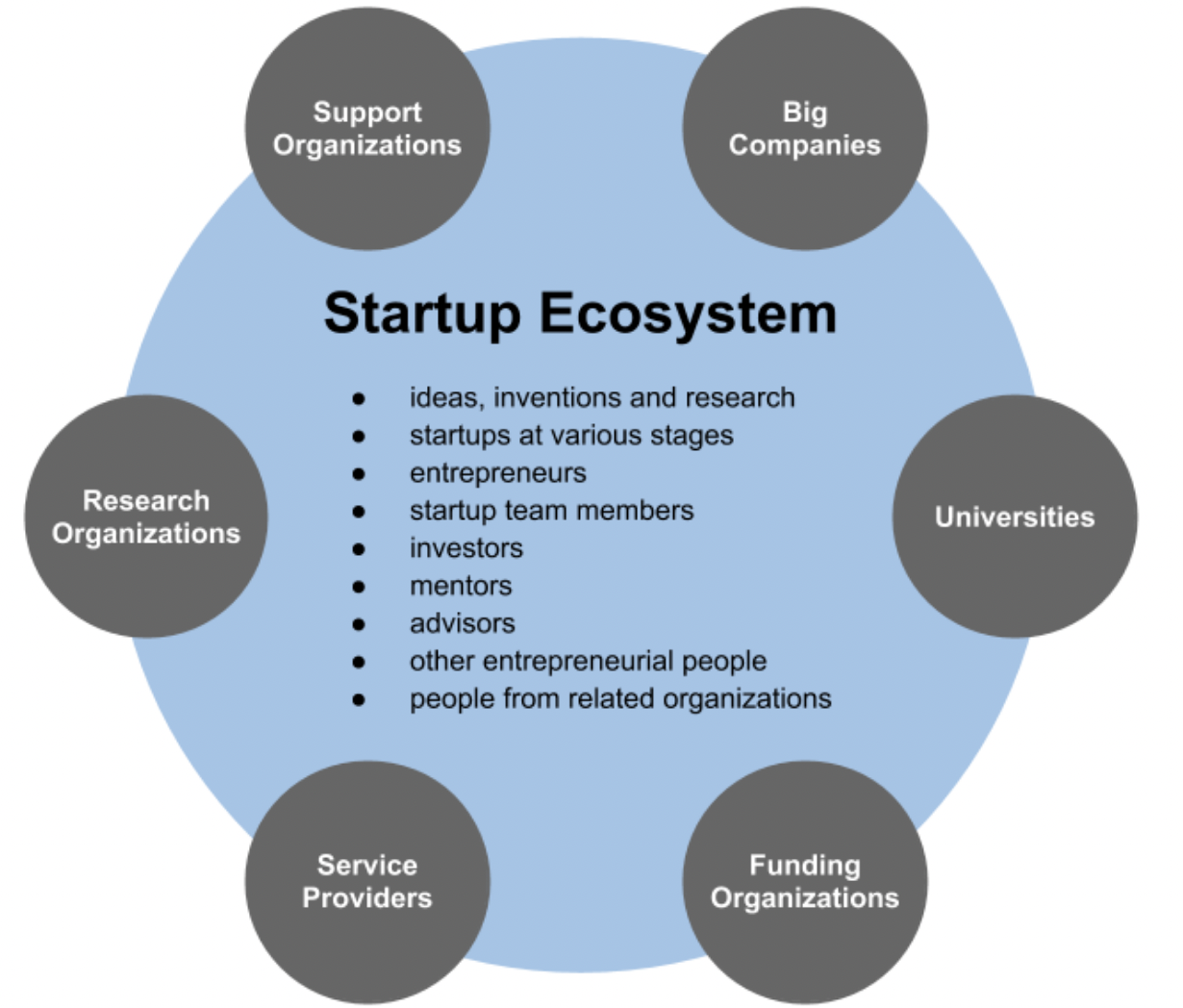Flexibility, remote work, constant switching of tasks, and internal projects. They say multitasking is not something that comes easy. Nobody says startups are easy, however, they can be a lot of fun. That, of course, depends on the culture that’s instilled into the company.
According to Forbes, startups are “businesses that want to disrupt industries and change the world — and do it all at scale. Startup founders dream of giving society something it needs but hasn’t created yet — generating eye-popping valuations that lead to an initial public offering (IPO) and an astronomical return on investment.”
And how do you create something society desperately wants and needs? You need speed, brains, and the right team.
A scalable startup is a company that has a balance between building fast and building right. That's where diversity is super important. You need people with different backgrounds to add value and have different perspectives. The sooner ideas get validated, the better. The best validation is customer's money hitting your bank account.
A good startup is also a place of learning and earning by doing, succeeding by failing. Nothing can prepare you for this journey, other than going through the journey and gaining startup experience.
Are you ready? Then let's dive right in by getting acquainted with a few important things.
For startups to thrive, startup ecosystems are formed that include entrepreneurs as mentors, investors, government agencies, universities, incubators, and others, interacting as a system to create and scale startup companies.

- First, the startup ecosystem rests on the startup’s founders and team.
You must have all heard that about 90% of startups fail. Well, that's before Fe/male Switch appeared. There are a few tricks that one can use to maximize their chances of success. They are pretty intuitive, yet hard to achieve.
One of them is previous experience. Hmm, so do you need to fail at least one startup to get experience and – fingers crossed – succeed with the next one? Well, that's how your brain learns the best.
Another trick is to follow certain procedures and steps (an algorithm that is most likely to lead to success). This is mostly done via joining incubators and accelerators. And that's where startups usually get to meet other stakeholders like mentors and investors.
- Mentors, advisors, coaches.
The "been there, done that" people who have more experience up their belts than the guys from the "Silicon Valley" show. If there's a match between a startup and a mentor, the partnership can be beneficial to both parties.
The mentor learns from the startup as well, it's never a unidirectional relationship. If a mentor does not learn, their experience gets outdated and they end up giving irrelevant or even bad advice. A mentor has to facilitate the startup's journey by supplying them with all of their practical knowledge.
- Investors provide capital to money-poor startups with potential.
They aid with investment strategy and help startups expand the relevant networks by introducing them to other investors, startups, and advisors. This approach is called "smart money" when instead of just throwing cash at the startup, the investor is also helping them to maximize their earning potential.
Investing in startups is a risky business, but a smart investor learns – usually the hard way – how to pick the most promising startups, never puts all of the money into one bucket, and stays close enough to be able to intervene, before things go wrong.
Join Fe/male Switch game and learn how to build your startup together with mentors, investors and other female founders in the game. Have fun and learn new things!


